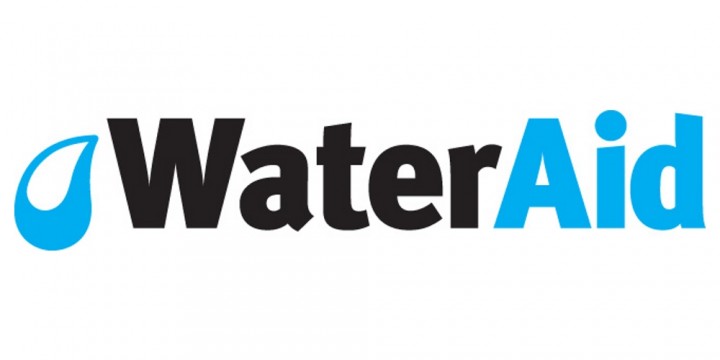WaterAid
International NGO focused on water, sanitation and hygiene in low-income countries
Filter / Tags
International NGO
Countries of Activity
EthiopiaGhanaKenyaLiberiaMadagascarMalawiMaliMozambiqueNigerNigeriaRwandaSenegalSierra LeoneBangladeshBurkina FasoCambodiaColombiaIndiaMyanmarNepalNicaraguaPakistanPapua New GuineaTimor-LesteEswatiniSouth AfricaTanzania United Republic ofUgandaZambia

WaterAid
Headquarter location
